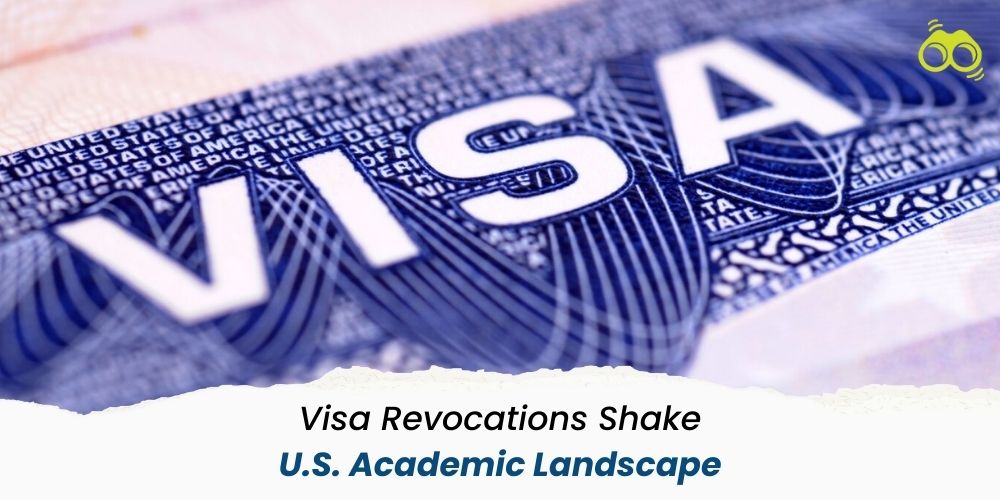National Security Concerns Cited Amid Rising Visa Cancellations in U.S.
Growing Trend of Visa Revocations Worries International Academic Community
The University of Massachusetts, Amherst, recently discovered that visas for several international students had been revoked by U.S. Immigration and Customs Enforcement (ICE). This revelation emerged when the university conducted checks through the Student and Exchange Visitor Information System (SEVIS). However, the institution was not informed in advance of these visa cancellations, as highlighted by Chancellor Javier Reyes. The unexpected terminations have brought attention to communication protocols and their repercussions on affected students.
Moreover, this incident forms part of a broader trend that has been observed at other U.S. universities. For instance, Minnesota State University, Mankato, earlier reported the revocation of visas for five international students, similarly detected through SEVIS checks. This review was triggered by an incident involving a Turkish student at the University of Minnesota. Notably, UMass Amherst, the largest public university in Massachusetts, has refrained from disclosing the reasons behind these visa terminations or the identities of the students involved.
In addition, several prominent universities, such as Arizona State, Cornell, North Carolina State, the University of Oregon, the University of Texas, and the University of Colorado, have reported similar instances of visa revocations. In each case, federal authorities did not issue prior notices. As part of the ongoing situation, U.S. officials have indicated that certain international students targeted for visa cancellations may be linked to protests or other concerning activities. Secretary of State Marco Rubio has mentioned that students involved in protests or potential criminal behavior are under scrutiny. This issue has gained traction following recent arrests, including those of Columbia University student Mahmoud Khalil and Iranian doctoral student Alireza Doroudi.
In the case of Doroudi, the U.S. Department of Homeland Security cited national security concerns as the basis for his visa revocation in 2023. His arrest in March further underscored the seriousness of these concerns. Additionally, the arrest of Turkish Ph.D. student Rumeysa Ozturk earlier this year has sparked debate over the government's approach to students engaged in anti-Israel protests.
In response to the unfolding situation, UMass Amherst has vowed to continue monitoring the SEVIS database for updates regarding its international students’ visa statuses. Chancellor Reyes, in a letter addressed to the university community, expressed regret over the timing of the announcement and clarified his commitment to sharing information as it becomes available. This entire series of events underscores the growing tension between national security concerns and the educational aspirations of international students.
Editor's Note:
The recent revocation of visas for international students at U.S. universities, including the University of Massachusetts, Amherst, has presented significant challenges for both the affected students and the institutions involved. These sudden changes disrupt students' academic progress, force them to navigate uncertainty about their futures, and create obstacles to accessing quality education. For universities, this situation complicates their efforts to promote global diversity and inclusivity while also impacting their reputation and relationships with international communities. Moreover, the absence of prior communication from authorities has heightened confusion and raised concerns about the transparency of the decision-making process. This incident highlights the growing tension between national security priorities and the educational aspirations of international students, leaving institutions grappling with the difficult task of balancing their commitment to student support with compliance to evolving regulations.
According to Skoobuzz, it’s essential for both governments and institutions to find a more transparent and supportive approach to these matters, ensuring that students' rights and academic goals are not overlooked.














0 Comments (Please Login To Continue)